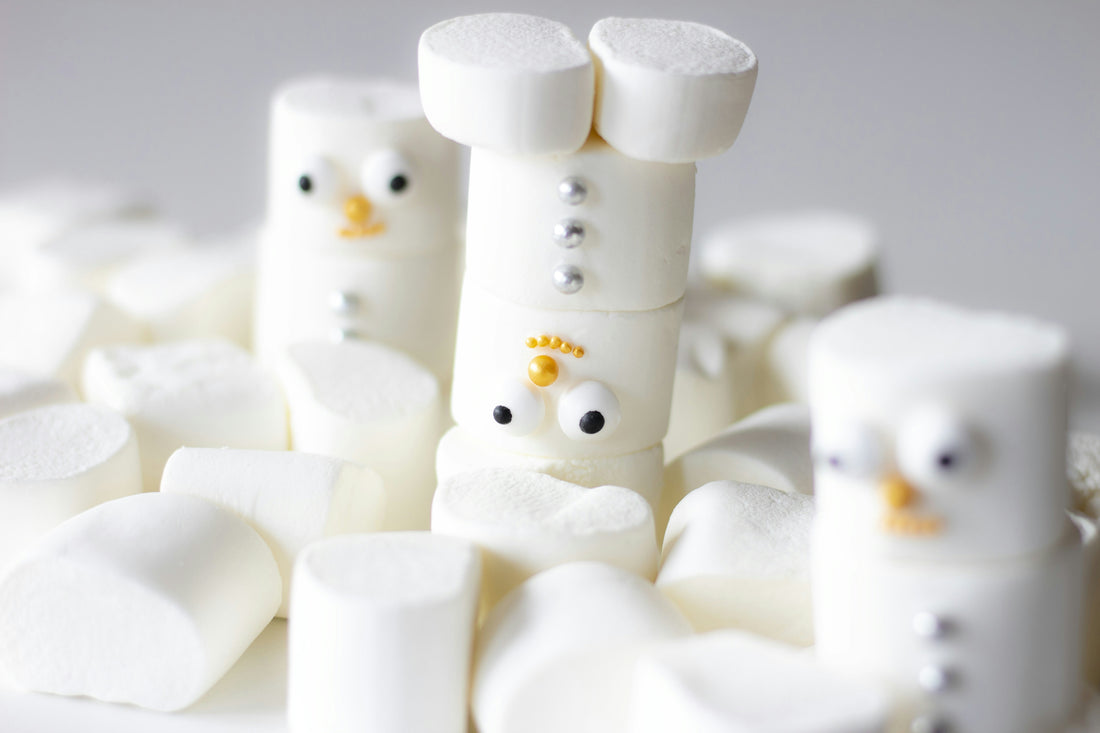Honey:
Honey is made by bees from flower nectar, creating a thick, sweet liquid that ranges in color from light yellow to dark brown. It’s mostly water and two sugars—fructose and glucose—plus trace amounts of enzymes, amino acids, B vitamins, vitamin C, minerals, and antioxidants, including anti-inflammatory flavonoids. With over 300 varieties, each honey has unique flavors and colors.
Sugar:
Sugar is made from glucose and fructose, bonded to form sucrose, with no added nutrients. Derived from sugar cane or beet, it’s processed into refined granulated sugar. Common types include white, brown, and raw sugar. Brown sugar combines white sugar with molasses, adding a slight nutrient boost, while raw sugar is just less refined and similar in nutrition to white sugar.
Honey vs Sugar:
When preparing a cup of hot tea, do you prefer honey or sugar? While both provide sweetness, their nutritional advantages differ. Honey and sugar are both carbohydrates made up mostly glucose and fructose, and they are common ingredients in many packaged foods and recipes. However, consuming them in excess can lead to weight gain. While limiting your use of any sweetener is generally advised, honey may be the “healthier” option compared to sugar.
Key Benefits of Honey:
- Natural Source: Honey comes from bees, while sugar is processed from cane or beets.
- Lower Glycemic Index: Honey (GI 35-74) causes fewer blood sugar spikes than sugar (GI 65-79).
- Antimicrobial: Honey’s acidity and hydrogen peroxide help prevent bacterial growth.
- Soothing: Its thick, sweet texture eases coughs and sore throats.
- Antioxidants: Honey helps fight inflammation and oxidative damage.
- Flavorful: Honey enhances recipes with natural sweetness, without refined sugar.
- Health Benefits: Honey may support wound healing, digestion, and allergy relief.
Drawbacks of Sugar:
- Highly Processed: Sugar is heavily refined, losing most of its nutrients.
- High Glycemic Index: It causes rapid blood sugar spikes, contributing to insulin resistance and health issues.
- Linked to Diseases: Excess sugar intake is associated with obesity, diabetes, heart disease, and some cancers.
- No Nutritional Value: Refined sugar offers only empty calories with no essential nutrients.
When to Choose Honey over Sugar:
- Baking: Adds moisture and depth, with natural nutrients enhancing flavor
- Beverages: Sweetens tea, coffee and smoothies with a smooth, rich flavor.
- Dressings & Marinades: Enhances flavor and offers antimicrobial benefits.
- Desserts: Cuts down on refined sugar, adding a luxurious sweetness.
Honey: A Sustainable Sweetener for You and the Planet
Choosing honey is not just a healthier option for your diet—it’s also a step toward environmental sustainability. Unlike sugar, which is produced through energy-intensive farming and processing, honey is a more eco-friendly choice, especially when sourced from local, responsible beekeepers.
By purchasing honey, you’re helping support bee populations, which are crucial for pollinating plants and crops. Bees are essential to our food systems, and by supporting ethical beekeepers, you’re contributing to their preservation. Every jar of honey you choose is a sweet way to support both your health and the planet’s well-being.
My Journey to Switching from Sugar to Honey:
For years, I relied on sugar to sweeten my morning tea, but one day I decided to try honey instead. At first, I wasn’t sure if it would make a difference. However, after adding a spoonful of rich, golden honey, I immediately noticed how much smoother and more flavorful my tea became. It felt like a subtle yet delicious upgrade.
Not only did the taste improve, but I also felt a gentle, lasting energy boost, which was a nice change from the quick sugar crash. With honey’s added antioxidants and nutrients, I realized it was a much healthier choice. Now, I use honey every day—not just for its flavor, but for the health benefits that come along with it. It’s a simple change that’s made a noticeable impact on my daily routine.
Recipe Quick Tip:
“Try this quick and soothing Honey Lemon Ginger Tea: Simply combine hot water with a teaspoon of honey, a squeeze of fresh lemon, and a few slices of ginger for a natural immune boost”.
Precautions:
- Moderation: Due to its high sugar content, honey should be consumed in moderation.
- Quality: Opt for raw, unfiltered honey to preserve its nutrients and antioxidants.
- Allergies: Some people may be allergic to honey or its components.
In conclusion, while both honey and sugar add sweetness to your favorite beverages and recipes, honey stands out as the healthier, more sustainable choice. With its rich nutrients, antioxidants, and lower glycemic index, it offers a range of benefits that sugar simply can’t match. By choosing honey, you’re not only enhancing your health but also supporting the environment—one sweet spoonful at a time.
Make the Sweet Switch!
Ready to try honey? Swap it for sugar in your next tea, coffee, or smoothie and taste the difference! Enjoy a richer flavor and a healthier boost. Share your honey experience with us!

